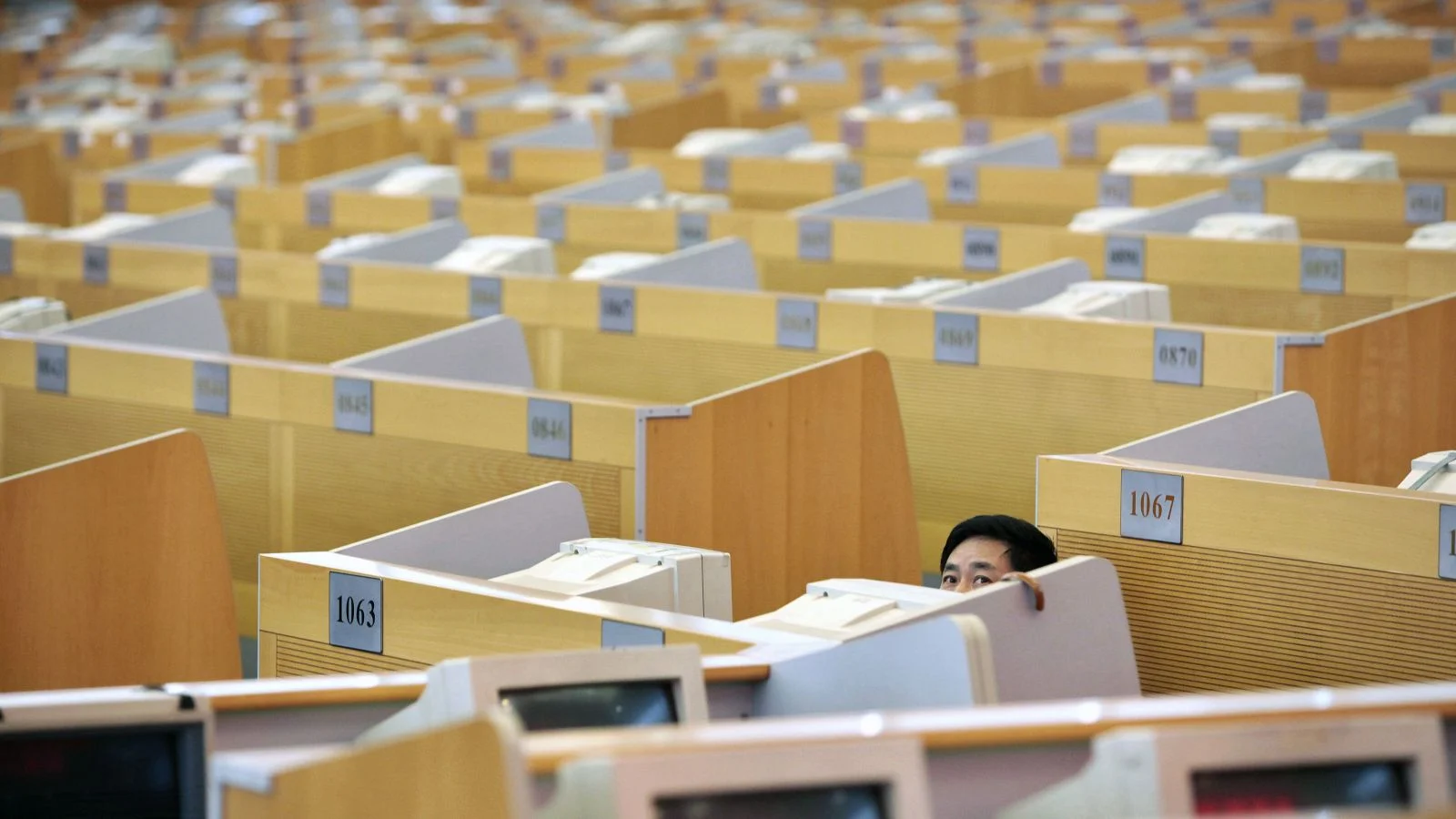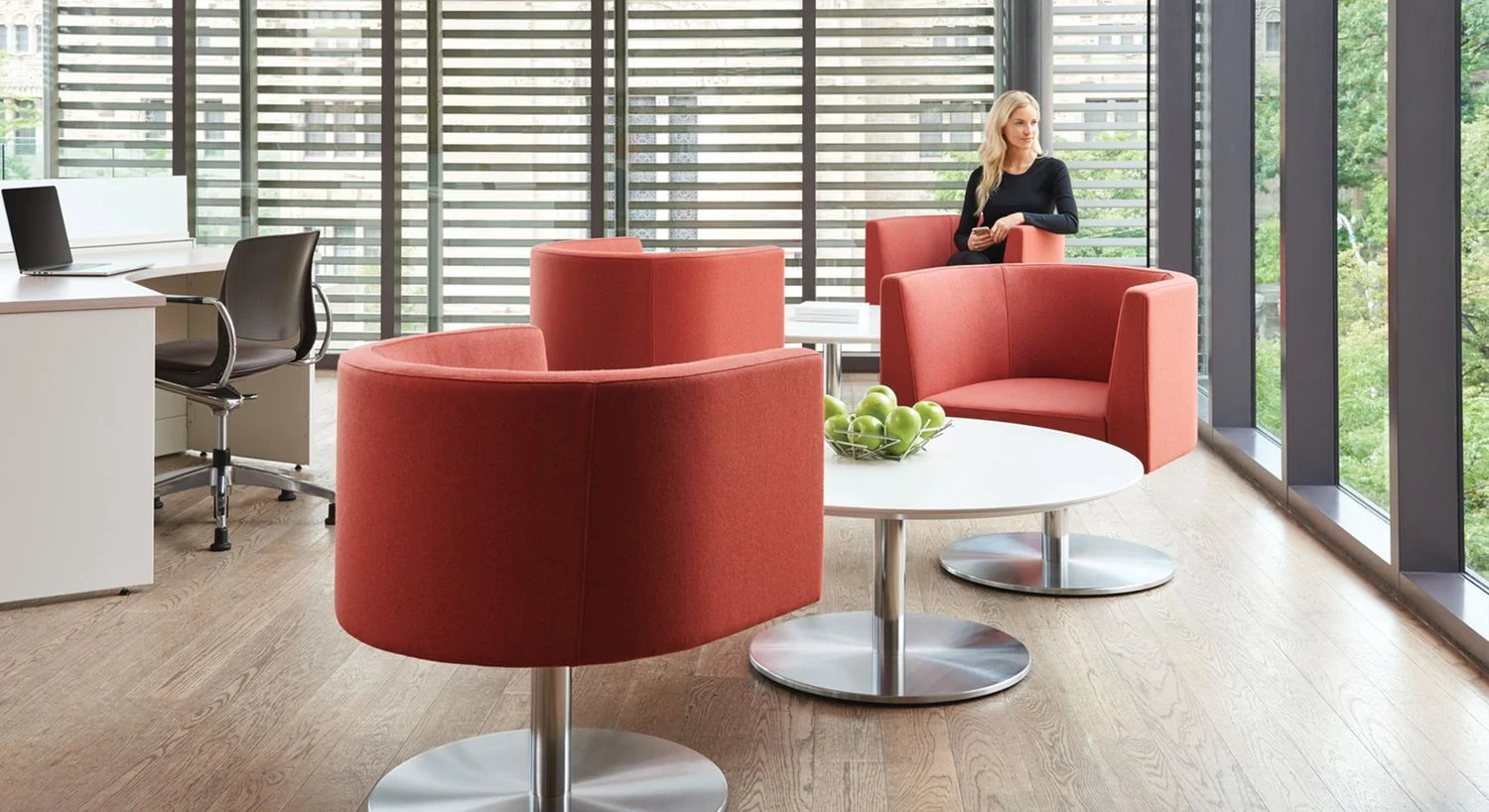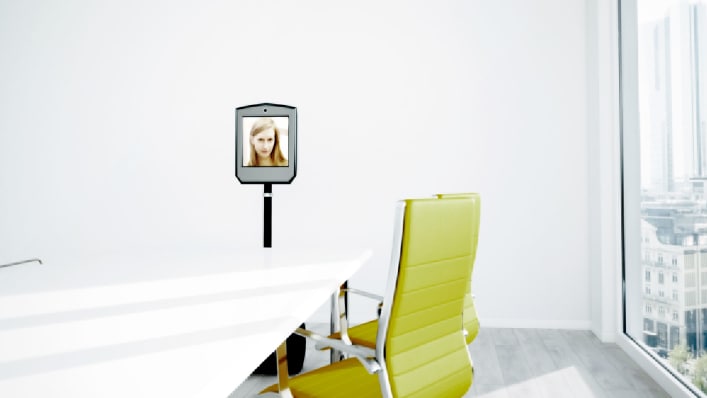Everyone is asking for the workplace of the future, but a better starting point would be to imagine the work of the future. The office of the future may not be an office at all. Clerical tasks no longer dominate the world of white collar work.
Seven ways in which flexible working is making our lives more rigid
A number of recent surveys of the ways in which we work have highlighted the implications of flexible working and the integration of workplace technology into our lives. While we should take most surveys from businesses with a pinch of salt, when they all point in the same general direction, we can assume that their results are broadly correct.
The latest RAND survey paints a disturbing portrait of the American workplace
London Tech Week: Harness Creative Potential
We’ve all been in a meeting where people failed to participate. One person runs the agenda. One person writes on the board. Everyone else occasionally checks in but also checks email, text messages and does other work. Conversely, we’ve seen what can happen when someone is passionate about a project. Energy and inertia can often be sparked by a creative idea. That’s when something big can happen.
Q+A with Microsoft: The Digital Advantage
Information technology professionals are helping lead digital transformations requiring new types of work.
Open-plan offices must be rethought to prevent employees losing focus, finds Haworth
Your Brain Needs a Vacation
Despite significant scientific evidence that our brains need periods of respite and rejuvenation, more than 40 percent of American workers who received paid time off did not use all of their vacation days in a study by Oxford Economics.
What will the ‘office’ look like in 10 years’ time?
So what might the workplace of the future look like? We asked six office-space experts from around the world to hazard a guess as to where, and how, we will we all be working in ten years from now.
It Takes More Than Tech to Get Teams to Collaborate Effectively
Leaders who strike the right collaborative balance improve how work gets done. It’s not enough to adopt technologies and a culture that make it easier for workers to communicate and share knowledge. Teamwork should ultimately become a business enabler, so it’s critical to focus collaborative efforts on achieving real business outcomes that spur innovations and increase productivity.
The Impact of Furniture on the Younger Generation in the Workplace
The workplace has gone through many shifts over the years, with style, layout, design, and furniture having a lot to do with that.
New Study: Art Makes Society Kinder
Art offers new perspectives on universal issues. It teaches empathy, often evokes strong emotions, and inspires critical thinking. It should come as no surprise that it also makes us kinder.
Listen; The New IT: Connecting Data + Growth
Big data, the cloud and advanced computing are some of the forces pulling information technology professionals out of the basement and into every aspect of business today. Listen as Terry Lenhardt, vice president and chief information officer for Steelcase, reveals how the evolution of IT is impacting employees, positioning companies for growth and changing the workplace.
Are in-house coffee bars the new office perk?
Following the lead of companies like Yelp, Twitter and Google, a growing number of companies from professional services firms like JLL to cybersecurity companies like Legitscript and health insurance group Medicare have their own, full-scale cafes with baristas serving gourmet lattes and cold-brewed coffee to their employees.
Why Workplace Diversity Diminishes Groupthink And How Millennials Are Helping
When you think about team dynamics and workplace productivity, it’s easy to get trapped in the idea that alignment in thinking is the best path forward; after all, the mindset unity offered by consistent corporate culture is shown to have a positive effect on productivity. But there’s a dark side to the “unified” mentality, and it’s probably infected your own boardroom, at least to some degree.
Workplace Priorities: Experience Matters
Our clients often ask us about the “workplace of the future,” but what does it mean? We use it to reference forward-thinking design solutions that address the wants and needs of tomorrow’s emerging workforce. Existing market research around future workplaces factors often reinforces stereotypes about the generation gap and Millennials in the workplace. But those assumptions can lead to ineffective, and potentially dangerous, outcomes.
HUMAN BEINGS: THE SPECIES IN THE BUILT ENVIRONMENT
Researchers, working in labs tucked into the darkest recesses of psychology department basements, and in spaces as publicly accessible as Grand Central Station, have learned that the responses of members of the sub-species Non-Designer to their habitat can differ from those of humans in the other sub-species, Designer. The most frequently identified reason for these differences is that design training influences how humans experience the world around themselves.
Men and women report similar work life balance problems
Contrary to commonly held perceptions and media narratives, women and men report similar levels of work-family conflicts, both in the form of work interfering with family and family interfering with work, according to research published by the American Psychological Association. The study found men are less likely to complain about or address the issue however. Researchers spent several years examining the findings from more than 350 studies conducted over three decades that included more than 250,000 participants from across the world.
What Will It Be Like To Have Robot Coworkers?
As robotics, AI, and machine learning become more common in the office, here’s a glimpse into the realities of working side by side with such technology.
The State of Work: Blur the Edges
Smart devices let us work anywhere. The cloud keeps information with us wherever we go. And, mobile work policies allow more and more people to choose where they want to work. But, there’s a tension bubbling up within organizations. A recent NPR report says employers are rethinking telework. They want their people to come together to collaborate, innovate, build culture and drive business forward.
The quitting economy
When employees are treated as short-term assets, they reinvent themselves as marketable goods, always ready to quit

























